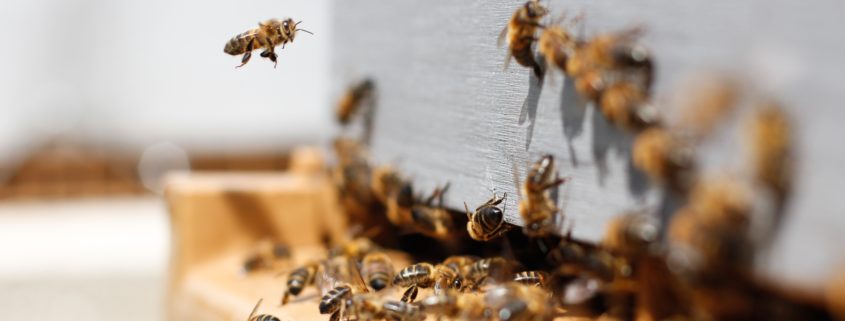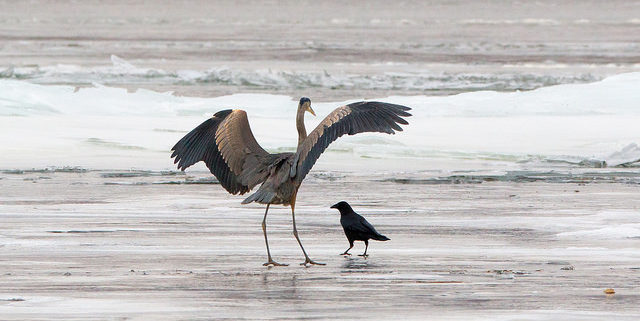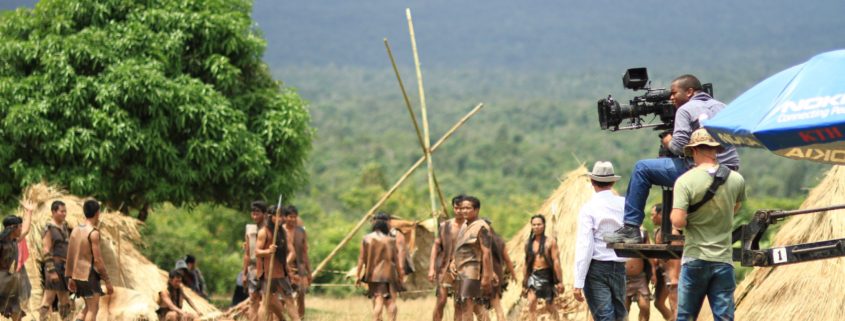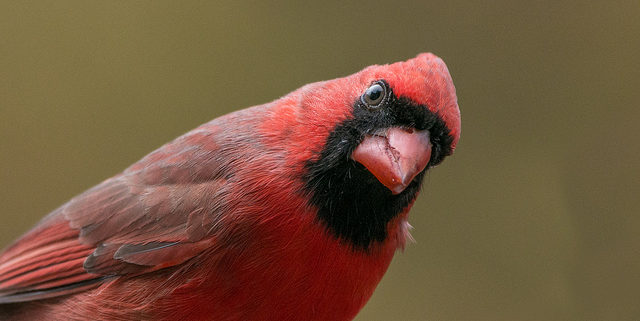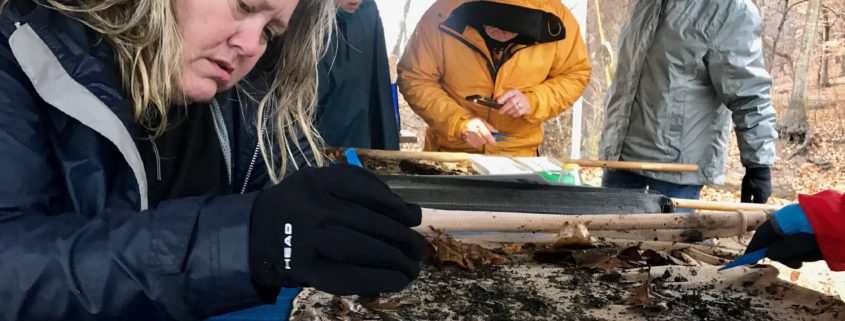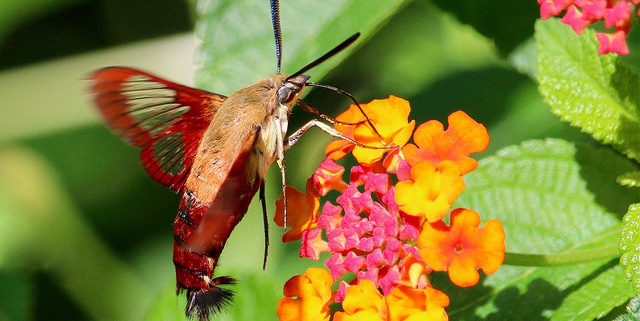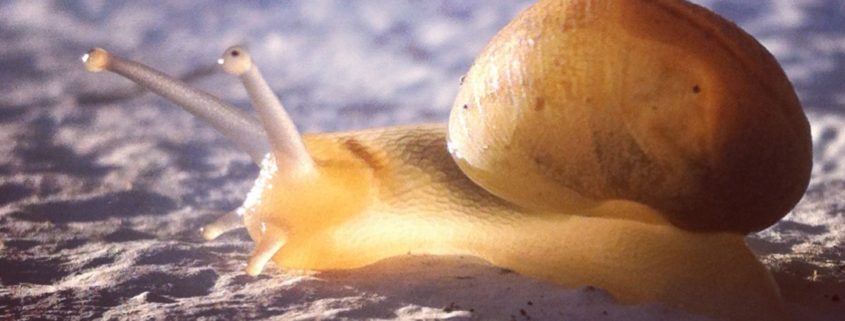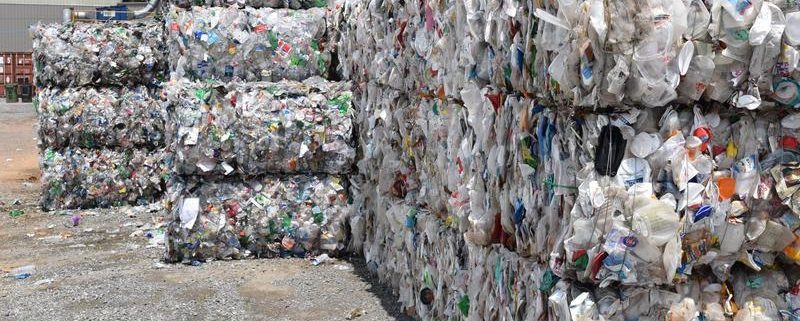Article by Don Coram
On June 14, 2018, residents of a Reston housing cluster noticed hundreds of dead and dying bees on their parking lots and lawns. They were concerned because they were aware of the importance of bees, but were unsure what to do about it. They contacted the Environmental Resources Department of Reston Association (RA). With the help of a couple of Fairfax Master Naturalists, RA submitted a pesticide complaint for the residents to the Virginia Department of Agriculture and Consumer Affairs (VDACS). VDACS collected specimens of the dead bees and pollen and sent them to a lab for pesticide analysis. It was also reported to the EPA Office of Pesticide Programs.
RA also contacted a bee specialist with the Bee Inventory and Monitoring Lab of the United States Geological Service (USGS). He identified the bee species and counted the dead bees which had been collected by RA: 1278 bees, comprised of 13 species, only a few of which were honeybees. The most common bees found were two-spotted bumblebees and common eastern bumblebees. The USGS specialist believes the incident is “actually nationally important”.
On November 6, 2018, VDACS sent its report to RA. The lab found the neonicotinoid Imidacloprid in the specimens. The investigation found that Imidacloprid had been applied as a systemic pesticide to the basswood trees in violation of the Virginia Pesticide Control Act.
To put this incident in perspective, bees are critically important pollinators, responsible for pollinating about 75% of the fruits, vegetables, and nuts grown in the U.SA. But the populations of bees have been declining drastically nation-wide. More than half of US species are in decline and a quarter are at risk for extinction. The probable causes are pesticides and habitat loss.
In particular, neonicotinoid pesticides (also known as neonics for short), such as Imidacloprid, are highly toxic to bees and can have serious sub-lethal effects on bees’ foraging ability and reproduction. Neonicotinoids can remain toxic to bees for years when used as a systemic insecticide. They are widely believed to be a major contributor to the Colony Collapse Disorder for honeybees. However, neonicotinoids are widely used in agriculture as seed coatings, foliage sprays, and irrigation water additives. More problematic is the use of neonicotinoids in horticulture, where training may be limited and regulations may not be as closely followed.
There is a growing movement world-wide to restrict the use of neonicotinoids for the sake of bees. For example, in 2015, Oregon banned the use of four neonicotinoids on linden and basswood tress after a large bee kill in 2013 caused by a neonicotinoid pesticide. In 2013, the Save America’s Pollinator Act, intended to limit the use of neonicotinoids, was introduced in the U. S. Congress. In 2015, Montreal banned the use of all neonicotinoids within the city limits. In February 2018, the European Food Safety Authority banned three neonicotinoids for all outdoor uses because of the threat to bees.
Individuals and landscaping companies in Virginia should carefully follow pesticide labeling instructions and the Virginia Pesticide Control Act. In particular, do not use neoniotinoid systemic insecticides on linden, basswood or other trees in the Tilia genus. Virginia residents, particularly FMN members, can assist in saving bees by reporting sites with many dead or dying bees to VDACS directly, 804-371-6560. For more information on pollinators, contact The Xerces Society, Plant NOVA Natives, or the National Wildlife Federation.



